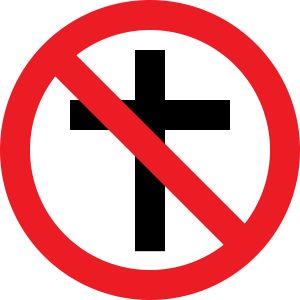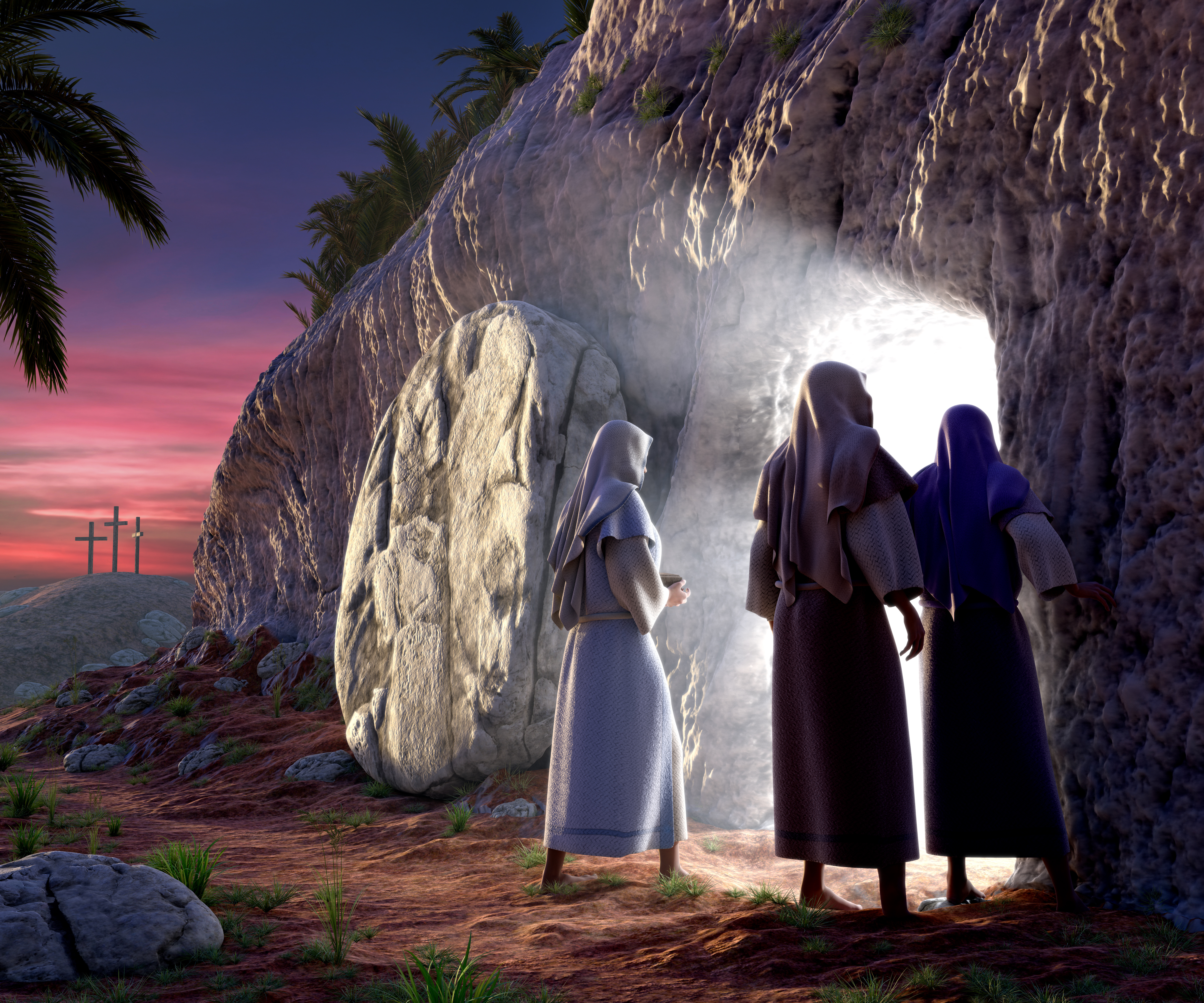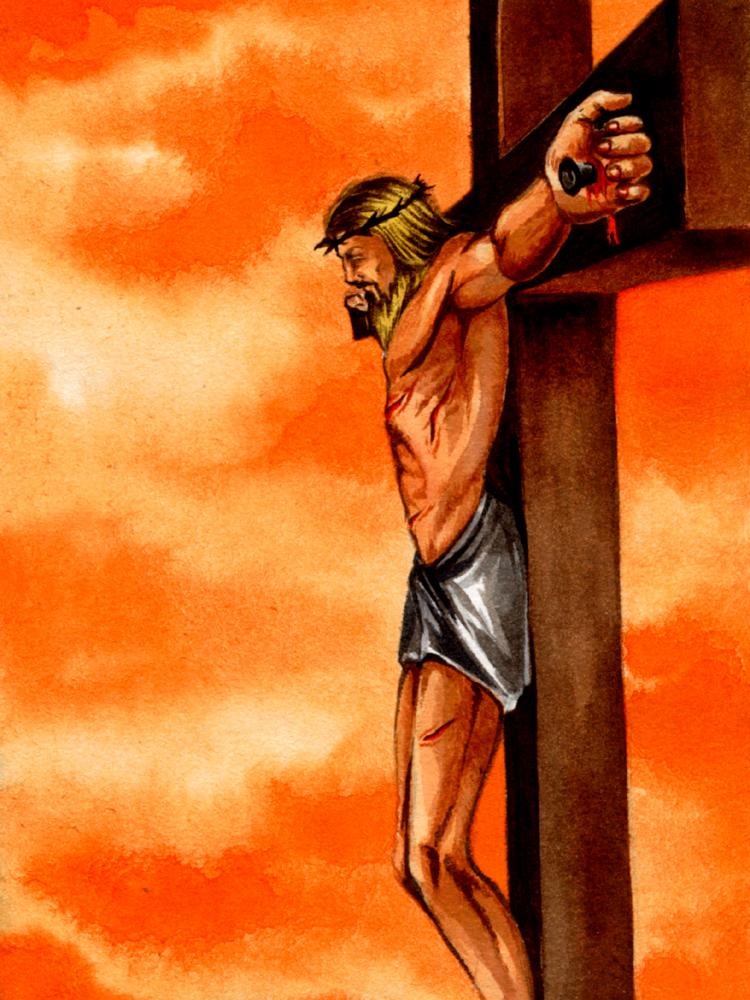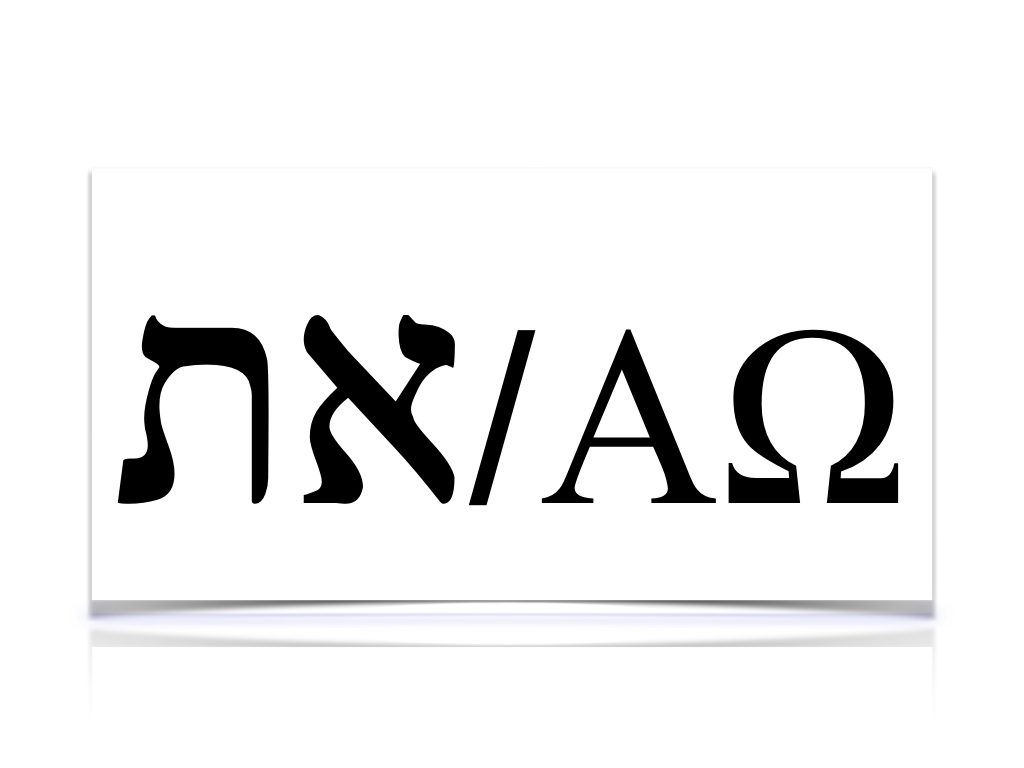In our current American culture of educational system, mainstream media and establishment entertainment induced political correct group-think indoctrination, minority groups of every stripe and color are clamoring for special rights and privileges.
Due to the superior priority our culture is now placing on feelings over intellect, many special-rights groups are feeling marginalized and persecuted, whether based on reality or not. This persecution complex is leading to feelings of offense among many often resulting in expressions of anger and bitterness against those who hold to a traditional and majority viewpoint in the society.
This angst among the supposed offended is manifesting itself in “justifiable” verbal hate speech and, at time, even in criminal violence against the police, schools, churches, gun owners, whites in general and white men in particular, religious and social conservatives, Christians, Jews, various racial and religious minorities and the list goes on and on with more people groups being added to this hate list nearly every day. The list of those who are offended include some people of “color,” many women, some Moslems, illegal aliens, non-Christians, the LGBTQXYZ… folks, socialists, Marxists, etc., etc.
From those who feel disenfranchised and disadvantaged by the so-called majority who, it is boisterously asserted, maintain all the positions of power, wealth, authority, and influence, we hear such pejoratively employed terms as white privilege, male privilege, and, again, the list goes on—you fill in the blank. The finger pointing, blame game goes on and on until, it seems, that our society will become so fragmented into tiny special rights groups of offended people that every man’s hand will be on the throat of every one else.
The latest group to hate is Christians, and the latest term to hate term to emerge from the gunk on the bottom of the special rights, woe-is-me, swamp of vicitmization is “Christians privilege.”
Well, I for one happily embrace the term “Christian privilege.” This is because there IS an advantage to being a Bible believing follower of Yeshua the Messiah (aka Jesus Christ). This privilege includes forgiveness of sin, becoming the recipient of the Creator’s grace, a better life in this world and immortality in the next world, and the list goes on and on. Just read the Bible for a full understanding.
The wonderful thing is that this privilege is open to anyone free of charge regardless of gender, ethnic origin, socio-economic status, past religious affiliation, and past sinfulness. Anyone can get onboard this ship. All you have to do is choose it.
For all those who only want to complain and whine about everything and everyone that makes them feel uncomfortable and challenges you to grow up, I say this: GET OVER IT. Become an adult, stop blaming others for your poor decisions and take personal responsibility. Put down your teddy bears, coloring books, and turn off Mister Roger’s Neighborhood. If you can’t get over it, then too bad for you. It’s your problem, not mine. I guess the school of reality and hard knocks will have to awaken you from your feelings-based state of comatose lethargy sometime somehow.
The article that follows explains how literally anyone can become a recipient of “Christian privilege” and experience both the supreme temporal and eternal benefits therefrom. — Natan Lawrence
Foreword
I have a story to tell. It’s a beautiful story. It’s about you and me, and our Creator who loves us more than we can know.
First, let me confess something personal. My greatest desire in life next to spending eternity with YHVH-Yeshua my Messiah is to help to be a catalyst for spiritual revival on this earth. That is, to see the light of YHVH’s truth transformationally pierce the darkness of men’s lives causing a mighty river of life from heaven to flow on this earth bringing with it love, joy, peace and the abundant spiritual life that knowing Yeshua the Messiah and loving him by keeping his commandments. This passion burns like an unquenchable fire deep within my personal spirit and soul. I believe this a resonation of the heart of our Father in heaven.
My next greatest life ambition is to see as many lukewarm modern-day Laodiceans disciples of Yeshua awake from their spiritual slumber and to fall in love with Yeshua the Messiah and to love and serve him for the rest of their lives. Spiritual revival and awakening begins at home—deep in your heart and mind, and it spreads from there outward to touch a dark, sick and dying world.
My prayer is that the message that follows, by YHVH’s grace, will help to bring spiritual revival and awakening in someone’s life this day.
Made in Elohim’s Image to Experience Pleasure in a Paradise
The Bible reveals that humans were made in the image of Elohim—both male and female. He put the first humans in a garden to walk and to commune with him in a sin-free paradise called Eden. Few know what the word eden actually means. It is a Hebrew word that literally means “pleasure, delight, luxury, dainty and finery.” The seventh day Sabbath is a weekly memorial of this paradise lost, and both the Sabbath and the annual biblical festival called the Feast of Tabernacles or Sukkot are both prophetic pictures of the Eden that is to come at the end this age called the New Jerusalem, which will be a heaven-like paradise on earth.
In the mean time, the human desire for pleasure, delight, luxury and for communion with Elohim that Eden afforded is an indigenous and integral part of our spiritual DNA. Think about it. What human doesn’t desire this greatly and works hard to achieve this state of existence? Many humans work nearly a lifetime, so they can retire to their “golden years” and live off their investments and whatever pension they’ve managed to acquire. To many, it is considered heaven on earth to spend their retirement years on earth playing golf, traveling the world, partying with friends, working in their garden or just waking up late and Continue reading







